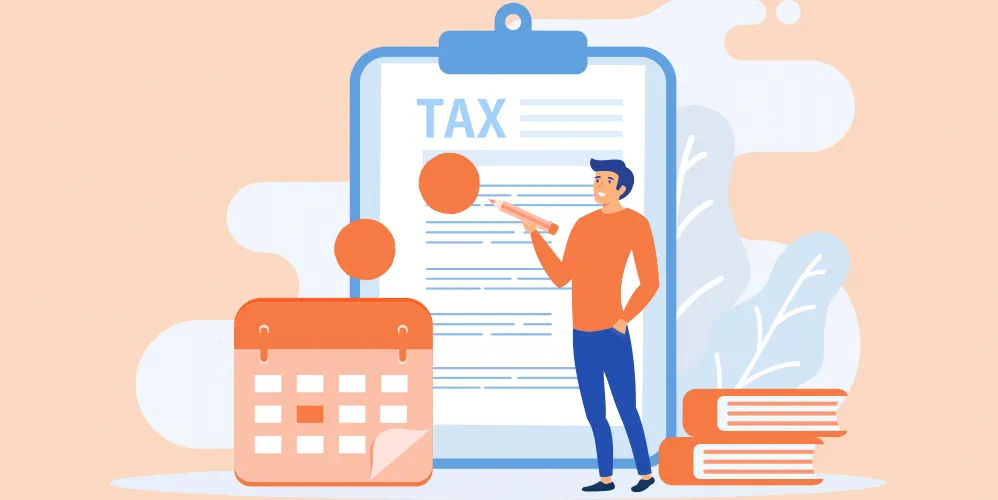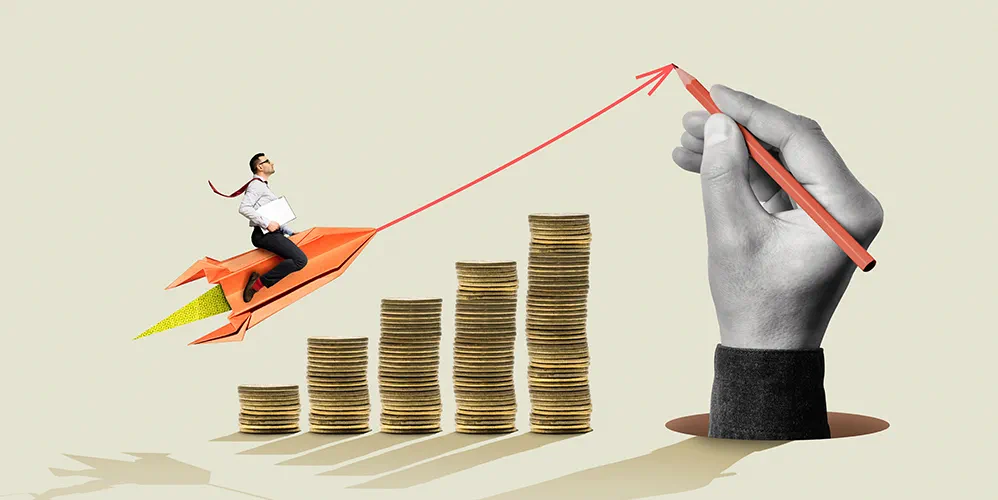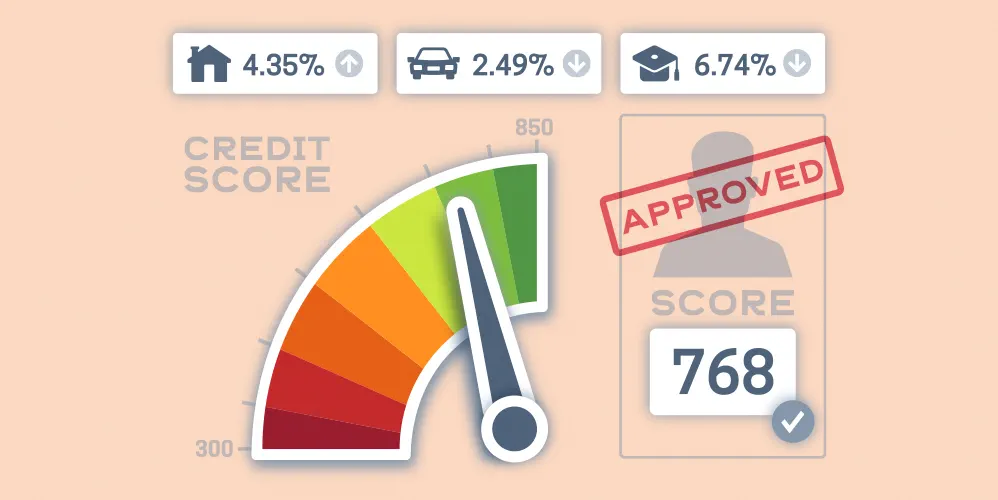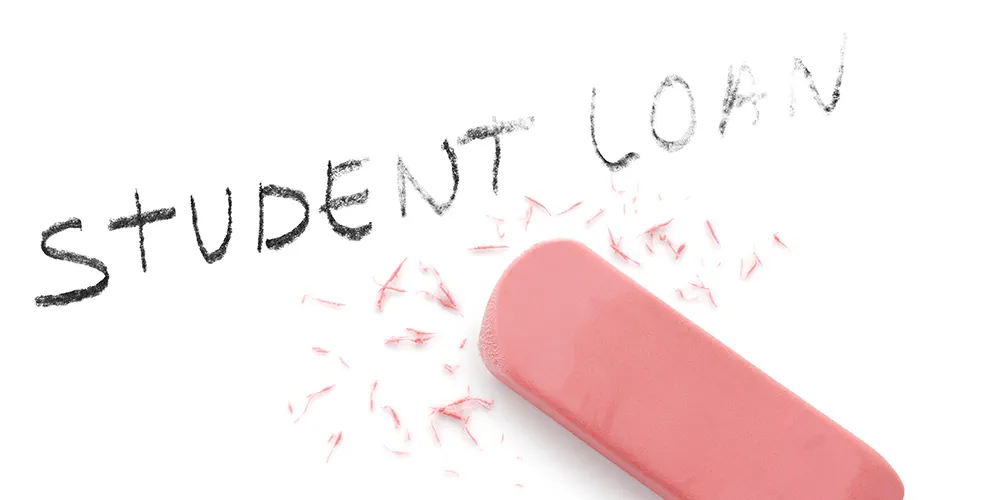
How to Calculate Car Loan EMI: A Step-by-Step Guide
01 Nov 2019

Every individual’s journey to buy a car is unique. It begins with where the individual is in his/her career, and the choice of vehicle they want, which is mainly based on why they want the car. During the process, they also focus on how they can get a car loan that suits their requirement.
When you, as an individual are considering a car loan, you are likely to do your due homework in checking for affordability and the loan tenure among other factors. While it is essential to go for a car loan from a lender who has banking expertise in the sector of car or auto loans, so you get the best rate and comfortable repayment options, you can also use the EMI calculator like the Bank of Baroda’s Car Loan EMI calculator that will help you make a well-informed choice in picking your car loan.
In using a car loan EMI calculator , you need to key in three basic variables- the loan amount you are likely to need, the tenure or the repayment period that suits your finances and the rate of interest. Now, the rate of interest is what you get from the bank, while the other two are the ones you can play around with on the calculator. Here is why using a .
If EMI is more:
You can pick a longer loan term or
You can make the loan amount smaller
If you find the EMI is coming out to be lower, then you can plan for a larger loan value or a shorter loan term.
You can also use the PMT formula on Microsoft Excel to calculate the EMI (Equated Monthly Instalments), where PMT is your EMI, Rate is the rate of interest, Nper or number of periods is the total number of payments for the loan and Pv is the loan value or the principal. The formula is PMT (Rate, Nper, Pv).
You can keep trying the formula for various combinations and then choose the one with the lowest EMI, though this is a roundabout approach prone to human error.
Bank of Baroda offers car loans and has a wide range of benefits, irrespective of your loan amount or type of vehicle.
- With a BoB , you can ride home your dream car in a short period of time. Our loans are designed for those who may be unable to purchase a private vehicle due to paucity of funds.
- You can benefit from quick processing, minimal documentation and speedy fund disbursal. Additionally, our loan borrowers are not required to pay foreclosure charges or pre-payment penalty, nor do they need to pay advance EMIs.
- With higher limits on the car loan amount, you can avail loans for new cars based on your eligibility. So, if you have always had your eye on a luxury car, our loan can take you one step closer to your dream.
- Also, say goodbye to down payment worries, as you can get up to 90% financing on the car’s on-road price with Bank of Baroda’s auto loan.
- Bank of Baroda offer attractive interest rates on loans to all our customers based on their credit scores . Additionally, existing home loan borrowers with a good credit history enjoy a concession on their car loan interest rate.
Popular Articles
Related Articles










Guide to Getting Agriculture Loan: Application, Eligibility & Required Documents
-
Disclaimer
The contents of this article/infographic/picture/video are meant solely for information purposes and do not necessarily reflect the views of Bank of Baroda. The contents are generic in nature and for informational purposes only. It is not a substitute for specific advice in your own circumstances. Bank of Baroda and/ or its Affiliates and its subsidiaries make no representation as to the accuracy; completeness or reliability of any information contained herein or otherwise provided and hereby disclaim any liability with regard to the same. The information is subject to updation, completion, revision, verification and amendment and the same may change materially. The information is not intended for distribution or use by any person in any jurisdiction where such distribution or use would be contrary to law or regulation or would subject Bank of Baroda or its affiliates to any licensing or registration requirements. Bank of Baroda shall not be responsible for any direct/indirect loss or liability incurred by the reader for taking any financial decisions based on the contents and information mentioned. Please consult your financial advisor before making any financial decision.
6 Effective Ways To Improve Your CIBIL Scores
One of the most important prerequisites for taking on any kind of loan today, is your CIBIL score. Whether it is a home loan, a vehicle loan, a personal loan or any other kind of loan
Applicant, banks always check one’s CIBIL scores. Also known as credit score; this is a document containing information about the borrower’s credit behaviour. Banks use potential borrowers’ credit scores to check whether or not they have been repaying their loans on time. Through the CIBIL scores they can check if a borrower has defaulted on any loan payments, missed paying any EMI and even get an idea regarding one’s financial conditions. If your credit scores are below 750 most lenders reject loan applications. So it is imperative to have good credit scores. Find out how to improve CIBIL score here.
Repay your debts on time
Whether it is your credit card bills or your loan EMIs, it is imperative that you repay your debts well in time. Missing out on repaying any outstanding debt can impact your credit rating. You especially need to be careful when it comes to paying loan EMIs because failure to do so, not only attracts penalties, but also affects your credit scores negatively. One easy way to pay your debt on time is to set reminders so that you don’t forget the loan repayment dates and never miss out on making timely payments. You can also set up automatic payments so that the loan amount is directly debited from your savings account every month.
Don’t take on multiple loans
A great way to improve CIBIL score is to ensure you do not take on multiple loans at the same time. Ensure that you’ve paid off your current loan before taking on another one. This prevents your credit scores from reducing. When you take on several loans at the same time, it shows your lender that you may not have sufficient funds to repay all of them. If you have only one loan to repay, the lender can feel confident in giving you the loan and your credit scores also remain unaffected.
Try to maintain a healthy mix of credit
Most people have to take on a variety of loans to fund the various life necessities. But when you take the loan, it is better to ensure that there is a healthy mix of secured and unsecured loans. While the home loan and car loan count for a secured loan, your credit card debt or personal loans are regarded as unsecured loans. It is necessary to maintain a balance since taking any loan in access can affect your credit rating.
Don’t utilize your entire credit limit
Another important point that pops up when we talk about how to improve credit score is credit limit utilization. One of the quickest and the easiest ways to improve credit scores is not utilizing your credit card to the extreme limit provided by lenders. Try to spend only 30% of the credit limit provided on your card per month. For instance, if you have a credit limit of ₹200,000 per month, you should try to restrict your monthly credit spends to only ₹60,000. When you exceed the 30% limit, your potential lender may get the idea that your spending habits are impulsive, which can also reduce your credit scores.
Increase the credit limit
If you demonstrate good credit repayment behaviour, your bank can reach out to you to increase the credit limit on your credit card. It is better not to turn down this increased credit limit. Increasing the credit limit doesn’t necessarily mean that you are going to increase your credit card spends. The idea is to have a higher credit limit but limiting your credit utilisation, and thereby improve CIBIL score. Doing this leaves a positive impact on your credit scores.
Ensure that your credit report is error free
While you may believe that your credit report is free of errors, there may be several unknown errors that may be reducing your credit score. For instance, you may have paid off your personal loan in full, but you may see that it is still unpaid owing to administrative errors. It is therefore important to check your credit score and ensure it is error-free before you apply for a loan so that your loan request is not rejected, thus further impacting your credit scores.
What are the differences between debit and credit cards?
When you open a bank account, you are provided with a cheque book, a passbook and an ATM-cum-debit card, also known simply as a debit card. After you’ve held your account with the bank for some time, the bank may even offer you a credit card. However, many people are often confused about the difference between debit and credit card and often assume them to be the same. So, we’ve listed the differences to help you understand. Let’s start with understanding the meaning of each card .

